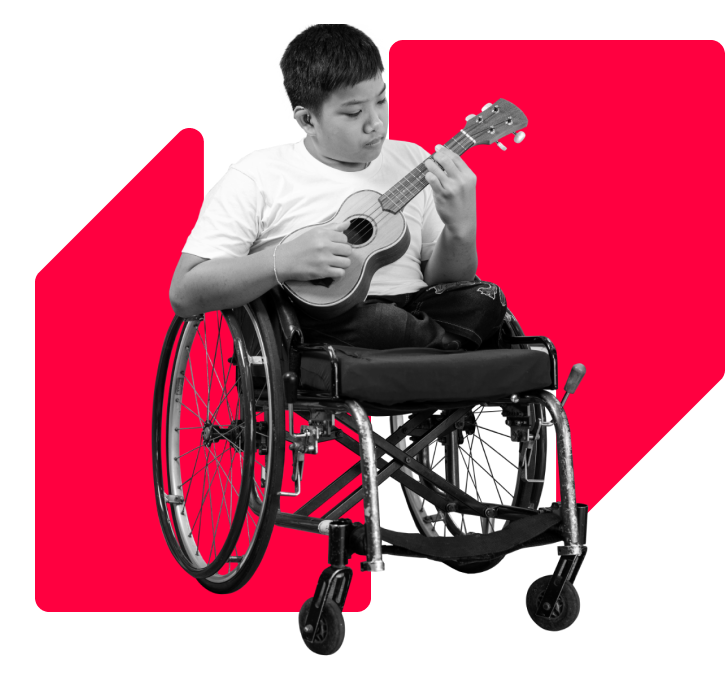THE BLUEPRINT
THE CHALLENGES
THE CONTEXT
Our blueprint for an accessible arts-rich education for every child represents our solution to the current challenges for arts/cultural learning, and we set the context for our work in terms of young people’s lives today.

The Blueprint For Change
Before the election, we took the findings and recommendations from The Arts in Schools report and consulted widely to build a blueprint of the policy changes required to deliver an inclusive arts-rich education for every child. These are now the foundational changes we want to see from the new Labour government (see more detailed version here). Support and join us as we seek education system change to close the enrichment gap: we need an entitlement to a broad and balanced, future-facing and arts-rich education for every child.
Call to Action
Here’s what you can do to help:
- Sign up to join us and lend your voice to our work in championing an arts-rich education for every child
- Back the CLA blueprint on social media – tag Cultural Learning Alliance in your posts and link to it on Twitter | LinkedIn| Facebook | Instagram | Threads
- Share our 2024 Report Card as well as the blueprint
- Support Expressive Arts subjects in your professional context
- Please contact our team if you wish to discuss the blueprint: info@culturallearningalliance.org.uk
The challenges
Arts subjects and experiences have an evidenced role in contributing to improving outcomes for children and young people, providing them with skills for life and skills for work. They provide a creative outlet supporting young people’s wellbeing, enabling them to explore their emotions and identities.
However, despite all that we know about the value of arts subjects for children and young people, there has been a lack of value ascribed to the Expressive Arts within the stateeducation system in England. This is because of …

THE PREVIoUS government’s focus on STEM subjects
Some subjects – particularly STEM – were viewed as strategically important by the last government, to the detriment of arts subjects. Learning to count was deemed more important than learning to create. This was made evident by …

Accountability measures which downgrade arts subjects
With a strategic focus on non-arts subjects, there has been increased accountability (Progress 8 and the EBacc) focused on a narrow range of subject areas which has led to a systematic downgrading or exclusion of arts subjects and experiences. One aspect of accountability that is problematic for the arts is …

Assessment
We have an assessment regime that does not work well for arts subjects, which require different kinds of measurement. This is one element of a …

Catalogue of attrition
At every stage in the schooling system the arts have been disadvantaged: at initial teacher recruitment and training (where there are no bursaries for arts subjects or arts CPD investment), through to a lack of specialist support for arts teaching in primary schools. The prioritisation of EBacc (non-arts) subjects in secondary accountability measures has meant a reduction in the level of arts subjects, teachers and resources available, and therefore declining take up of arts subjects at GCSE and A Level. Importantly this is a …

Social justice issue
Access to the arts is not equitable: we have a two-tier system, with the arts more highly valued in independent schools. This downgrading of the arts is damaging for young people’s lives, aspirations and wellbeing, for the arts education workforce, for the workforce more widely, and for the health and diversity of the creative industries. The effects of this are hardest felt by pupils from low-income families, where parents have less scope to find and pay for access to cultural enrichment opportunities.
For further details on the barriers to the arts in schools, see below:
The Context
The context for our work in terms of young people’s lives and educational experiences is stark. We collate the England/UK data on children’s lives from multiple sources to inform the context for all of our policy work.

Child mental health: It is estimated one in five children in the UK has a probable mental health problem. (NHS Data)

Child poverty: It is estimated that 4.3 million children and young people in the UK are growing up in poverty: in England, 23.8% of all pupils are now eligible for free school meals – close to 1 in 4, and there has been a significant increase in children living in destitution. (Child Poverty Action Group)

Pupil absenteeism: 21.2% of all pupils (1,106,906) in England are absent for 10% or more of their lessons. More than 100,000 are so-called ‘ghost children’ who have disappeared from the education system altogether since the Covid lockdowns, with the majority of missing pupils being from secondary schools. (Government data on pupil absenteeism)

Happiness levels: The 2022 PISA global survey of 15-year-olds reports that 25% of UK students are not satisfied with their lives compared to the OECD average of 18%. The UK continues to have the lowest life satisfaction scores compared to all EU countries. OECD PISA data

School trips: Cuts to state school trips have more than doubled to 50% in 2023 compared to 21%. In 2022 as trips are being cut in the face of the cost-of-living crisis, In schools with the most disadvantaged intakes, the figure is a reduction of 68% in 2023. (Sutton Trust data on school spending)

Arts in the pandemic: Arts subjects were hit particularly hard during the pandemic. (TES Magazine, 25 October 2021, Why arts subjects were hit so hard in the pandemic

The long tail of Covid: GCSE results are predicted to be still affected by the Covid pandemic well into the 2030s; the same research has concluded that socio-emotional skills are equally as important as academic skills for pupils’ GCSE achievement. (Nuffield Foundation)



